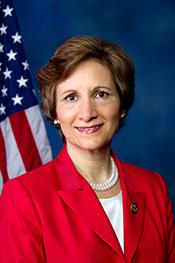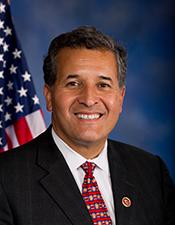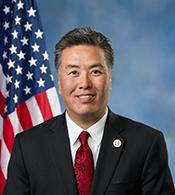0
Student Loan Borrower Safety Net Act of 2023
1/18/2024, 11:10 AM
Congressional Summary of HR 644
Student Loan Borrower Safety Net Act of 2023
This bill requires the Department of Education (ED) to carry out a program to notify borrowers that normal payment obligations on their federal student loans will resume.
Not later than 60 days before payment obligations are no longer suspended (as determined by ED), ED must provide at least six notices to borrowers indicating that their payment obligations will resume. These notices must also indicate the options for (1) enrolling in income-driven repayment plans, (2) participating in ED's Fresh Start program (this program offers special benefits for borrowers with defaulted federal student loans), and (3) rehabilitating or consolidating loans.
ED must provide priority notification to certain borrowers, including those who missed a payment in the first three months of entering repayment on a loan.
The bill allows borrowers to (1) submit an application or reapplication for an income-driven repayment plan and self-certify their income and family size, (2) change their repayment plan without a fee, and (3) apply for an economic hardship deferment.
If a borrower misses a payment or payments on a loan during the 60 days after the payment suspension ends, then the loan must be held in administrative forbearance for 90 days.





